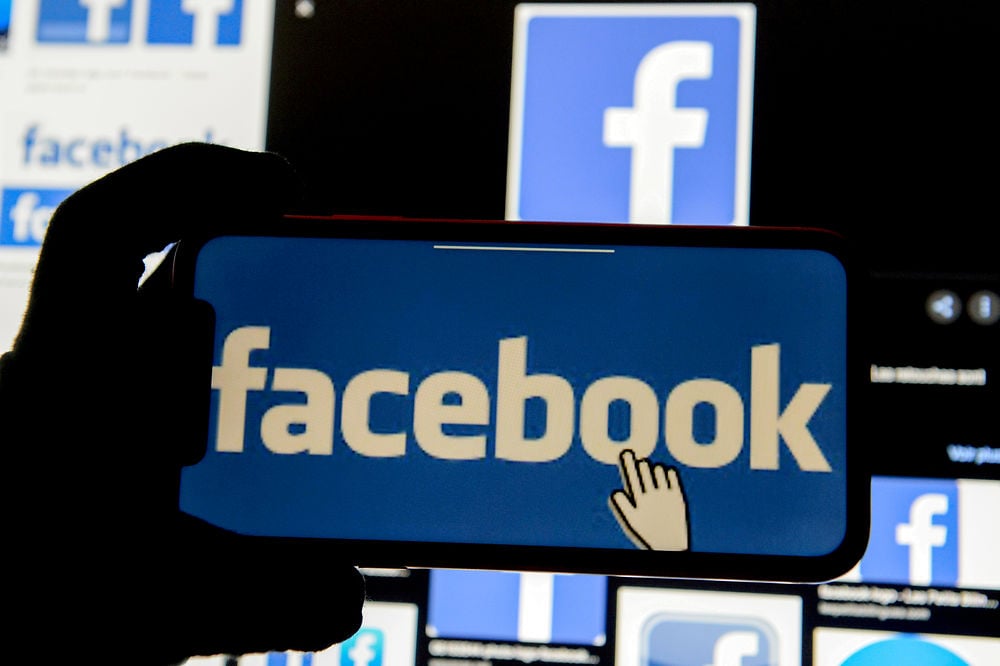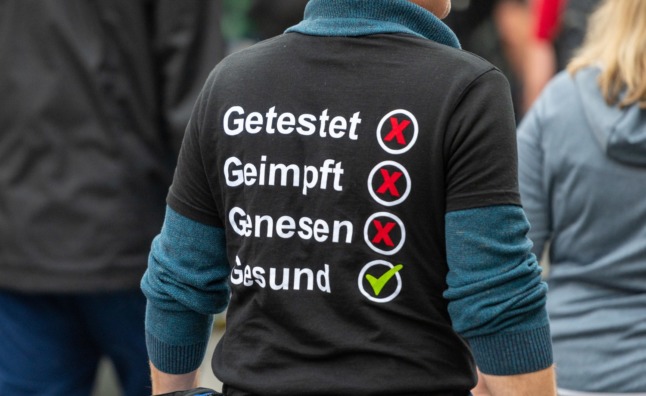The minister, Joy Mogensen, said on Friday that she would put forward a bill next month which would see Denmark follow Australia’s footsteps and require tech companies like Facebook to pay publishers if news content is posted on their websites.
Mogensen said that society had been “naïve” after Facebook blocked media pages in Australia in response to the country’s news media code.
“It is very concerning because it puts a question mark against the democratic mentality in one of the world’s most dominant media companies,” Mogensen told news wire Ritzau.
“I don’t know whether it’s because they don’t understand it or don’t care about the importance news media has in a democratic society. It is (media) who bring forth journalistic-based knowledge,” she said.
In 2019, the EU passed a copyright directive which provides for a minimum level of standards in member states.
But Mogensen said she wanted to go further than EU rules by giving Danish media organisations the power to negotiate with tech firms collectively, echoing the Australian government’s proposed news media code.
“We have chosen to go further than the EU is requiring by giving Danish media organisations the opportunity negotiate with tech giants,” she said.
“As such, they won’t stand one by one and have to fight with very big and powerful companies, as the tech giants have become,” she continued.
If there is not agreement between parties, disputes would be settled by Denmark’s copyright licence board (Ophavsretslicensnævnet), according to the proposal. A Supreme Court judge sits on the adjudication board.
In a September 2020 interview with Journalisten, the professional journal for the Danish media sector, Facebook’s Nordics director Martin Ruby said such a proposal would be “not fair”, citing value created for media by the social media site.
As only 4 percent of content on Facebook is news articles, there is no economic argument for the company to pay for news, Ruby argued.
Facebook registered a profit of over 29 billion dollars in 2020.
Mogensen rejected Ruby’s argument in comments on Friday.
“That shows an indifference to what gives their product value,” the minister said.
“If the tech giants did not have properly produced content from artists or companies, what would be the reason for us, as users, to go to them?” she said to Ritzau.
“It would then quickly become a place for tin foil hats and conspiracy theories. That would make Facebook decline on value,” she claimed.
The forthcoming bill is currently at the so-called hearing stage before formally being submitted to parliament.
READ ALSO: Facebook shuts down Danish coronavirus protest group



 Please whitelist us to continue reading.
Please whitelist us to continue reading.
Member comments